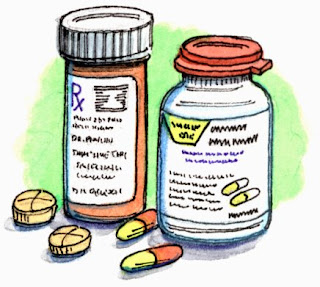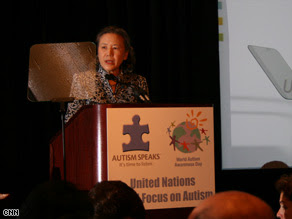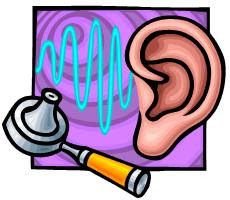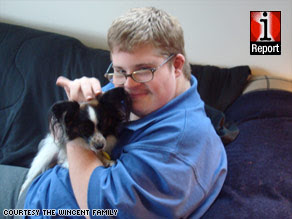
THESE WORKSHOPS ARE FREE AND OPEN TO THE PUBLIC,
LET US KNOW IF YOU NEED ACCOMMODATIONS WHEN REGISTERING.
TO SCHEDULE A WORKSHOP IN YOUR AREA
PLEASE CALL: 1-800-759-4776
10/19/2008
3:00 pm
“Is Your Child a Target of Bullying?” Workshop
P.O.P.S. – Parent Support Group
Lancaster County Library
(Meeting Room)
313 S. White Street
Lancaster, SC 29720
Tanya M. Inabinet, PRO-Parents of SC
Region 2, Education Coordinator
To register call: 1-800-759-4776 or (803) 772-5688
10/20/2008
5:30 pm - 7:30 pm
* Positive Behavioral Interventions (PBI) Workshop
Marlboro County DSS Office
713 S Parsonage Street
Bennettsville, SC 29512
PRO-Parents of SC
South Carolina Special Kids Project
1-866-863-1512
10/21/2008
5:30 pm - 7:30 pm
* Individualized Education Program (IEP) Workshop
Dillon DSS Office
1211 Highway 34 West
Dillon, SC
PRO-Parents of SC
South Carolina Special Kids Project
1-866-863-1512
10/21/2008
6:00 pm – 8:00 pm
Positive Behavioral Interventions (PBI) Workshop
Hampton County DDSN
294 Hampton Road
Varnville, SC 29944
Gayle Munn, PRO-Parents of SC
Region 1, Education Coordinator
To register call: 1-800-759-4776 or (803) 772-5688
10/22/2008
9:30 am - 10:30 am
PRO-Parents of SC Overview Workshop
Cecil A Tillis Center
2111 Simpkin Lane
Columbia, SC 29204
Tanya M. Inabinet, PRO-Parents of SC
Region 2, Education Coordinator
To register call: 1-800-759-4776 or (803) 772-5688
10/22/2008
10:00 am - 12:00 pm
Positive Behavioral Interventions (PBI) Workshop
Marion / Dillon County DDSN
400 Martin Luther King Blvd.
Marion, SC
Gayle Munn, PRO-Parents of SC
Region 1, Education Coordinator
To register call: 1-800-759-4776 or (803) 772-5688
10/23/2008
10:00 am - 12:00 pm
Positive Behavioral Interventions (PBI) Workshop
Anderson DDSN
214 McGee Road
Anderson, SC 29625
Susan Bruce, PRO-Parents of SC
Region 3, Education Coordinator
To register call: 1-800-759-4776 or (803) 772-5688
10/23/2008
6:00 pm - 8:00 pm
* Positive Behavioral Interventions (PBI) Workshop
Jasper DSS Office
10908 Jacob Smart Blvd
Ridgeland, SC
PRO-Parents of SC
South Carolina Special Kids Project
1-866-863-1512
10/25/2008
9:00 am - 11:00 am
* Positive Behavioral Interventions (PBI) Workshop
Anderson Mentor
201 South Murray Avenue
Suite 200
Anderson, SC 29624
Susan Bruce, PRO-Parents of SC
Region 3, Education Coordinator
To register call: 1-800-759-4776 or (803) 772-5688
10/25/2008
9:00 am - 3:00 pm
* Linking Families With Special Education Workshop
Marion County DSS
137 Airport Road
Mullins, SC
PRO-Parents of SC
South Carolina Special Kids Project
1-866-863-1512
10/27/2008
6:00 pm - 8:00 pm
* Communication Workshop
Edgefield DSS
120 W. A. Reel Drive
Edgefield, SC 29824
Melinda Hawk, PRO-Parents of SC
South Carolina Special Kids
Project Coordinator
1-866-863-1512
10/28/2008
4:00 pm - 6:00 pm
ADD / ADHD Workshop
Legacy Outreach
2290 Highway 56
Spartanburg, SC 29302
Gayle Munn, PRO-Parents of SC
Region 1, Education Coordinator
To register call: 1-800-759-4776 or (803) 772-5688
10/30/2008
9:00 am - 4:30 pm
Wrightslaw: IDEA 2004
Midlands Technical College – Airport Campus
Academic Center
1260 Lexington Drive
West Columbia, SC 29170
Heather Watson-Kelley, PRO-Parents of SC
To register call: 1-800-759-4776 or (803) 772-5688
* Parent / Foster Parent Scholarships Available.











